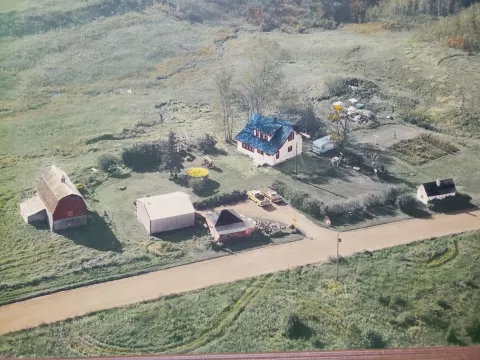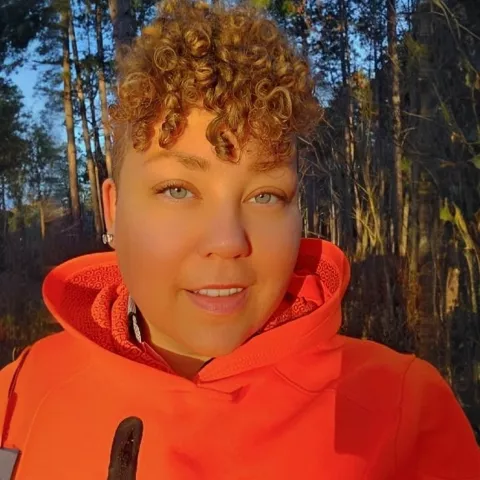Shortly after the assassination of Martin Luther King Jr. in 1968, racially charged riots erupted in the city of Chicago, Ill. — where the Allen family called home. Riots persisted into the end of the 1960’s, peaceful anti-war protests became violent and homes were burned. Finally, when the military was brought in to walk their children to school each day, Allen’s maternal grandparents decided to move their family out of the city and into northern Minnesota. Like so many other Iron Range families, they scrimped and saved until they managed to put down a payment on the farm in 1969. But unlike most loca l families at the time, Allen’s grandparents were an interracial couple.
l families at the time, Allen’s grandparents were an interracial couple.
“They packed up all six kids and moved before my grandpa had even been officially hired at the mines,” says Allen. “They became one of the first multi-ethnic families in the area.”
Allen’s relatives say that being the first melanated kids at the local high school wasn’t always easy, but the Allen kids also learned to really relax for the first time. Clean air, miles of rolling fields and dense forests completely free of the noise and danger of the city, helped the family heal from the trauma of riots and late night flash bombs. Decades later, Nik Allen grew up in that same space on her family’s farm, blissfully unaware of the troubles of the past.
“I played outside in every kind of weather, all my cousins, aunties, and uncles lived on our same dirt road. I learned to drive a tractor long before I could drive a car,” she recalls.
Today, Allen is proud to take ownership of the farm and stay close to the land. She credits time in nature with sustaining her in many ways throughout her life, including two battles with cancer. She often wishes that more people had access to lush green sanctuary spaces.

 l families at the time, Allen’s grandparents were an interracial couple.
l families at the time, Allen’s grandparents were an interracial couple.

